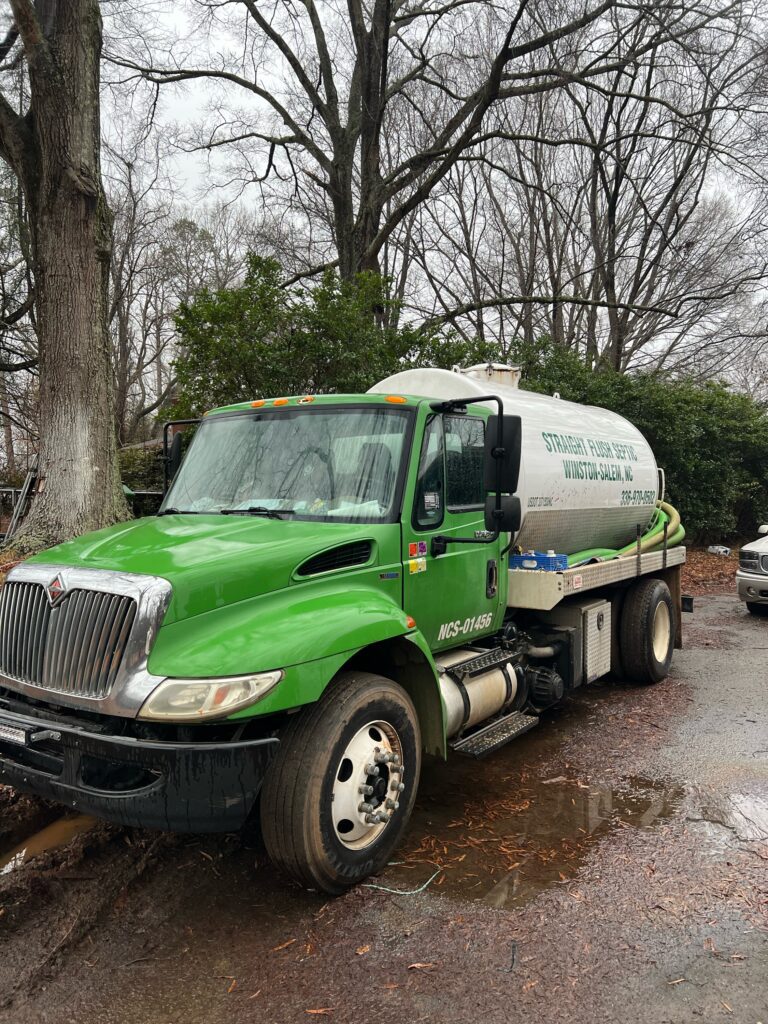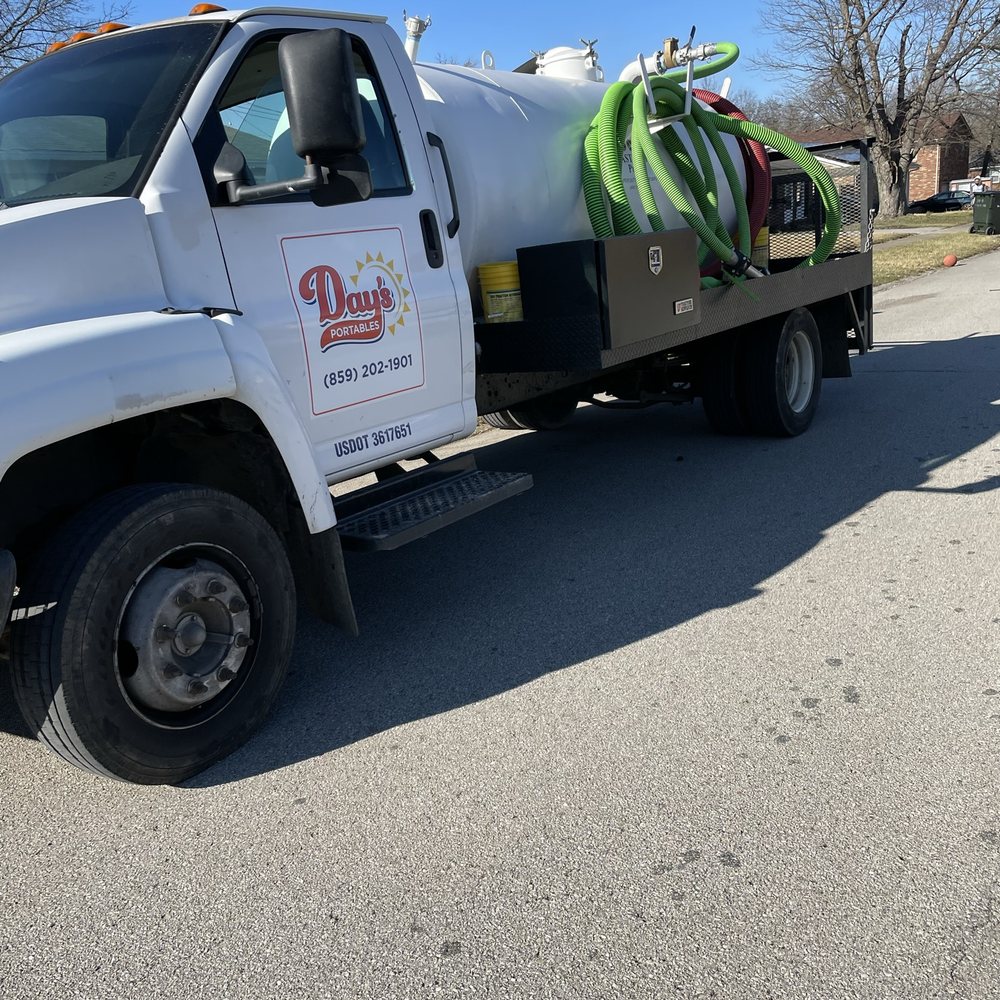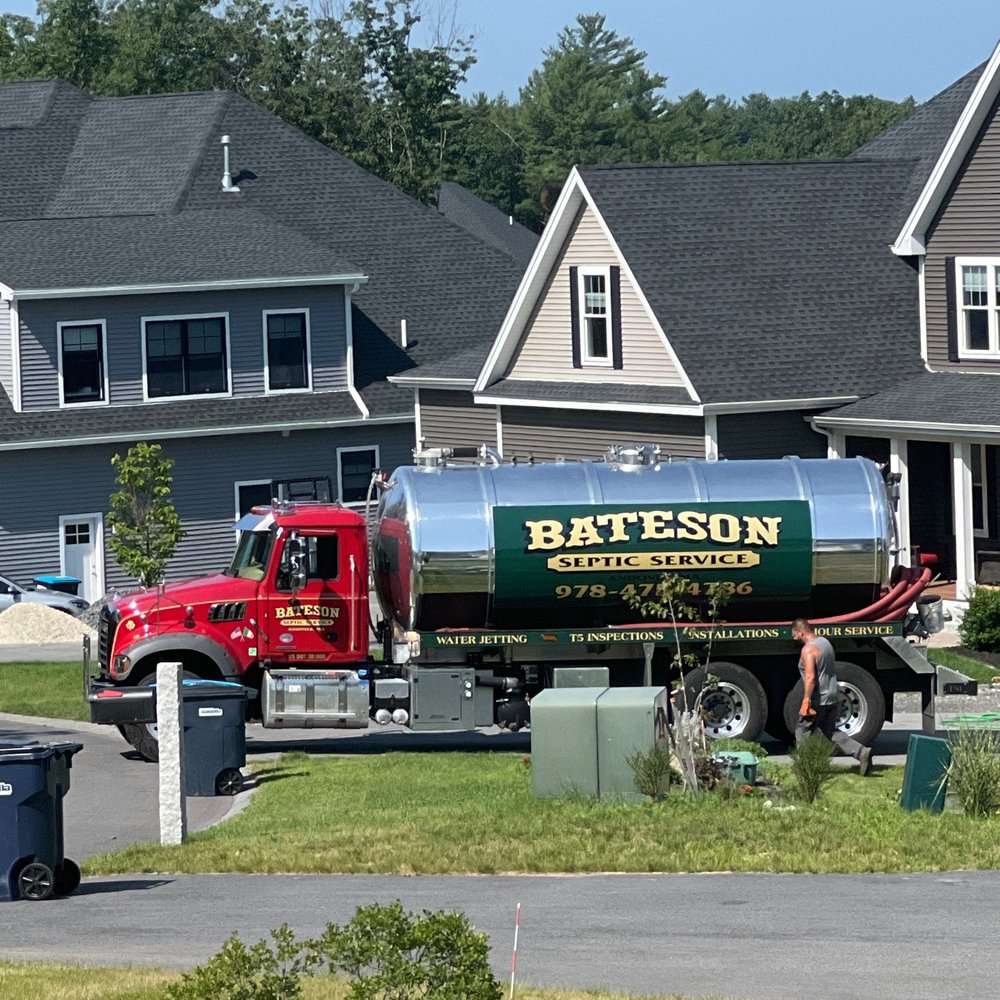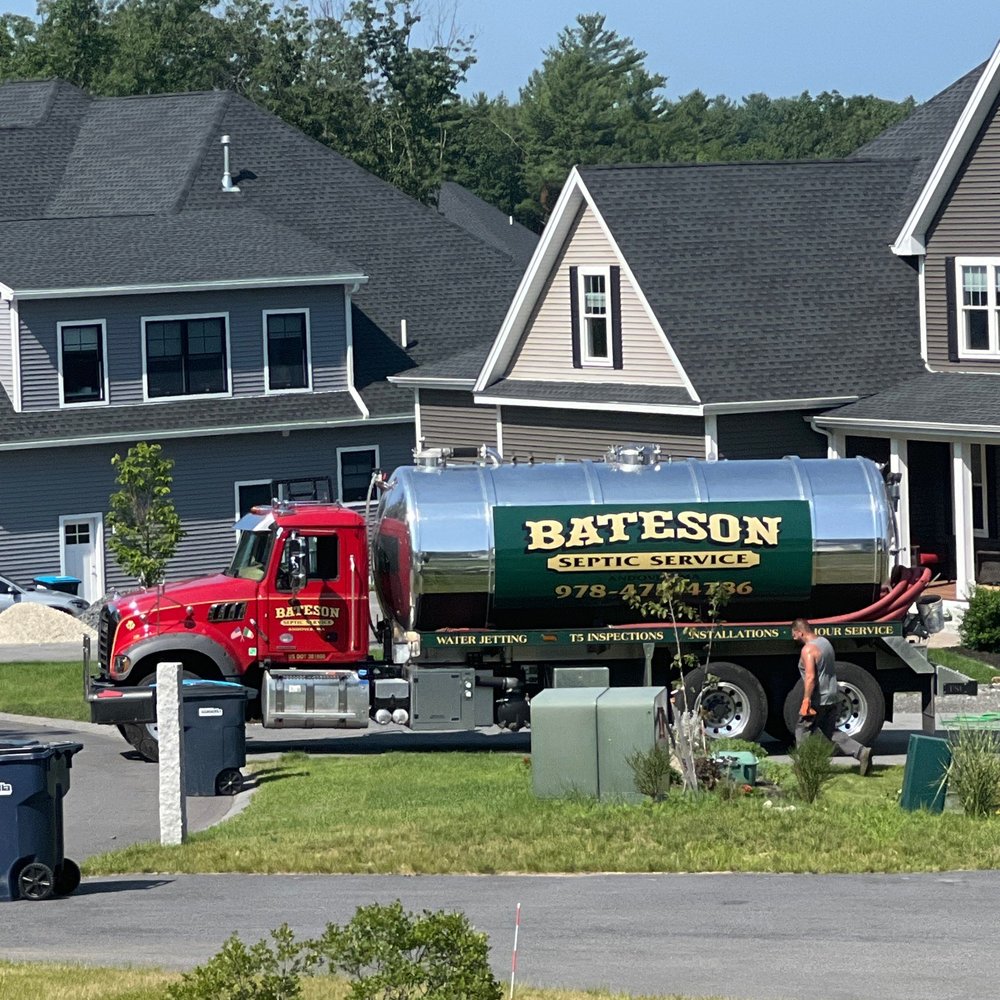Are you in Lexington and in need of septic tank pumping services? In this article, we’ll discuss the importance of septic tank maintenance, the signs that indicate it’s time to pump your tank, and how to find a reliable pumping service in Lexington. By the end, you’ll have all the information you need to ensure your septic system operates smoothly and efficiently.
What is a Septic Tank
Definition of a septic tank
A septic tank is an underground wastewater treatment system that is commonly used in areas where centralized sewer systems are unavailable. It is a key component of households and businesses that rely on private wells and septic systems for their sewage disposal needs. The septic tank is designed to store and process solid waste materials from the various plumbing fixtures within a property, such as toilets, sinks, and showers. Through a series of biological and chemical processes, the septic tank separates the solid waste from the liquid waste, resulting in the accumulation of sludge and scum in the tank.
Components of a septic tank system
A septic tank system consists of several key components that work together to efficiently remove and treat wastewater from a property.
-
Septic tank: The septic tank is the primary component of the system, where wastewater is collected and treated. It is typically made of concrete, fiberglass, or plastic and is buried underground.
-
Drain field: Also known as a leach field, the drain field is responsible for the final treatment and disposal of the effluent that exits the septic tank. It consists of a series of perforated pipes buried in gravel-filled trenches. The effluent is evenly distributed over the drain field, where it is naturally filtered and treated by the surrounding soil.
-
Pipes and distribution box: Pipes connect the septic tank to the drain field, allowing the effluent to flow from one component to another. A distribution box is sometimes used to evenly distribute the effluent to multiple sections of the drain field.
-
Baffles and tees: Baffles are installed in the septic tank to prevent the accumulation of scum and solids from entering the outlet pipe. Tees are used to direct the flow of wastewater within the tank, ensuring proper settling and separation.
Importance of Regular Pumping
Reasons for regular septic tank pumping
Regular septic tank pumping is crucial for maintaining the longevity and effectiveness of a septic system. Here are a few reasons why pumping your septic tank on a regular basis is important:
-
Prevents system failure: Over time, solid waste materials and scum accumulate in the septic tank. If not pumped out regularly, these materials can build up and obstruct the flow of wastewater, leading to system failure and backups.
-
Protects drain field: When a septic tank is not pumped regularly, excess solids can escape the tank and enter the drain field, clogging the perforated pipes and causing drainage issues. Regular pumping helps prevent this and extends the life of the drain field.
-
Avoids costly repairs: Neglecting septic tank pumping can lead to expensive repairs or even a complete system replacement. Regular pumping mitigates the risk of costly repairs by reducing the strain on the system and preventing major issues from arising.
Consequences of neglecting septic tank pumping
Neglecting regular septic tank pumping can have severe consequences for both your property and the environment. Here are some potential repercussions of ignoring the need for pumping:
-
System backup and failure: As solid waste accumulates in the septic tank, it occupies more space, leaving less room for the entry of wastewater. This can lead to backups in plumbing fixtures, such as toilets and sinks, and eventually result in a complete system failure.
-
Drain field problems: Without regular pumping, solids can escape the septic tank and flow into the drain field. This not only clogs the drainage pipes but also overwhelms the soil’s ability to treat and filter the wastewater. As a result, the drain field may become waterlogged and ineffective, leading to pooling water or damp areas on the ground surface.
-
Health and environmental hazards: An overloaded or malfunctioning septic system can pose health risks to you and your family, as well as to the surrounding environment. Raw sewage may contaminate groundwater, surface water, and nearby wells, potentially causing waterborne diseases and environmental pollution.

Signs that Indicate the Need for Pumping
Foul odor around the septic tank area
One of the most common signs that your septic tank needs pumping is the presence of a foul odor around the septic tank area. If you notice a strong and unpleasant smell, it is likely that the septic tank is overflowing or nearing capacity. The odor is caused by the release of gases and decomposing waste materials, indicating an urgent need for pumping.
Pooling water or damp areas near the drain field
Another sign that your septic tank is due for pumping is the presence of pooling water or damp areas near the drain field. When the septic tank becomes overloaded with solids, the excess wastewater may not be able to properly drain into the soil. As a result, the water accumulates above ground, forming puddles or creating soggy areas around the drain field.
Slow drains and gurgling sounds
If you notice slow drains in your sinks, showers, or toilets, it could be a sign that your septic tank needs pumping. As solids accumulate in the tank, they can make their way into the plumbing lines, causing blockages and hindering the flow of wastewater. Additionally, gurgling sounds coming from your plumbing fixtures indicate that the septic tank is full and cannot accommodate the incoming wastewater.
Choosing a Professional Septic Tank Pumping Company
Researching local septic tank pumping companies
When it comes to septic tank pumping, it is essential to hire a professional and reliable company to ensure the job is done correctly. Here are a few steps you can take to find a reputable septic tank pumping company in Lexington:
-
Ask for recommendations: Start by asking friends, family, and neighbors if they have any recommendations for septic tank pumping companies. Personal referrals can provide valuable insights and help you narrow down your options.
-
Check online directories: Utilize online directories and review websites to find septic tank pumping companies in your area. Look for companies with positive reviews and high ratings, as this is an indication of their quality of service.
-
Contact local health departments: Local health departments often maintain a list of licensed and certified septic tank pumping companies in the area. Reach out to them for recommendations and confirm the companies’ credentials.
Ensuring proper licensing and certification
Before hiring a septic tank pumping company, it is crucial to ensure that they hold the necessary licensing and certification. Working with a licensed and certified company guarantees that they meet the industry standards and regulations for septic system servicing. Request proof of their licenses and certifications, and verify their authenticity with the relevant authorities if necessary.
Reading customer reviews and testimonials
To further assess the reputation and reliability of a septic tank pumping company, take the time to read customer reviews and testimonials. Online review platforms, such as Google Reviews or Angie’s List, provide valuable insights into the experiences other customers have had with the company. Focus on reviews that specifically mention septic tank pumping services to gauge the company’s expertise in this area.

Process of Septic Tank Pumping
Assessment and inspection of the septic tank
When you hire a professional septic tank pumping company, the first step in the process is to assess and inspect the septic tank. The technicians will locate the access points to the tank and uncover the lids for inspection. They will visually assess the condition and level of waste inside the tank to determine the appropriate course of action.
Pumping out the sludge and scum
Once the septic tank has been inspected, the pumping process can begin. The technicians will utilize specialized equipment, such as a vacuum truck, to pump out the accumulated sludge and scum from the tank. The sludge, which is the settled solid waste, and the scum, which is the floating waste, will be carefully extracted and loaded into the truck for transportation.
Proper disposal of the waste
After the pumping process is complete, the septic tank pumping company is responsible for the proper disposal of the waste materials. They will adhere to local regulations and guidelines to ensure environmentally friendly disposal. This may involve transporting the waste to a designated treatment facility or licensed disposal site for further processing and treatment.
Frequency of Septic Tank Pumping
Factors that determine the frequency
The frequency at which septic tank pumping is required depends on several factors, including the size of the septic tank, the number of occupants in the property, and the volume of wastewater generated. On average, it is recommended to have your septic tank pumped every three to five years. However, certain factors may warrant more frequent pumping, such as:
-
Large household: If you have a large household with many occupants, the septic tank will fill up more quickly due to the increased usage and wastewater production. In such cases, more frequent pumping may be necessary.
-
Small septic tank: If your septic tank is undersized for the property’s needs, it will fill up faster and require more frequent pumping to prevent overflows and backups.
-
High water usage: Excessive water usage, such as frequent laundry loads or long showers, can put a strain on the septic system and require more frequent pumping to avoid overloading the tank.
General guidelines for pumping intervals
While individual factors vary, there are general guidelines you can follow to determine when your septic tank needs pumping. These guidelines provide a starting point, but it is always recommended to consult with a professional septic tank pumping company for exact recommendations based on your specific circumstances:
-
Every three to five years: As mentioned earlier, on average, septic tanks should be pumped every three to five years. This timeframe accounts for the standard size of septic tanks and average household usage.
-
Annual inspections: In addition to regular pumping, it is advisable to have your septic tank inspected annually by a professional. This inspection allows them to assess the condition of the tank, identify any potential issues, and make proactive recommendations for maintenance or repairs.

Maintaining a Healthy Septic System
Avoiding excessive water usage
To maintain a healthy septic system and minimize the need for frequent pumping, it is essential to practice water conservation. Excessive water usage can overwhelm the septic system and increase the rate at which solid waste accumulates in the tank. Here are some tips for conserving water:
- Install water-efficient fixtures, such as low-flow toilets and showerheads.
- Fix any leaks promptly to prevent wasting water.
- Spread out water usage throughout the day rather than doing multiple water-intensive activities all at once.
- Be mindful of how much water you use for activities like laundry and dishwashing.
Proper waste disposal
Proper waste disposal is crucial for the health and longevity of your septic system. Avoid flushing or disposing of the following items down the drains or toilets, as they can clog your plumbing lines and hinder the septic tank’s efficiency:
- Grease, oils, and fats
- Sanitary products
- Disposable diapers
- Prescription medications
- Harsh chemicals, such as bleach and drain cleaners
Instead, dispose of these items through appropriate means, such as composting or using designated waste disposal methods.
Regular inspections and maintenance
Regular inspections and maintenance are key to keeping your septic system in optimal condition. In addition to annual inspections, there are several tasks you can perform to ensure the health of your septic system:
- Keep the septic tank lids secure and properly sealed to prevent the infiltration of rainwater or debris.
- Monitor the drain field area for any signs of pooling water or unusual odors.
- Avoid planting trees or shrubs near the septic tank or drain field, as the roots can infiltrate the system.
- Have your septic system pumped and inspected by a professional as recommended based on your specific circumstances.
Benefits of Regular Pumping
Prevention of costly repairs and replacements
Regular pumping ensures that the septic tank does not become overloaded with solid waste, reducing the risk of system failures and the need for costly repairs or replacements. By investing in regular maintenance, you can potentially save significant amounts of money in the long run.
Preservation of the environment
A well-maintained septic system helps safeguard the environment by preventing the contamination of groundwater, surface water, and nearby wells. Regular pumping removes excessive sludge and scum from the tank, reducing the risk of pollutants seeping into the soil and water sources.
Enhanced septic system efficiency
Regular pumping allows your septic system to operate at its optimum efficiency. By removing accumulated solids, the tank can effectively process wastewater, preventing backups, slow drains, and other plumbing issues. This ensures the smooth functioning of the entire septic system and prolongs its lifespan.

Cost of Septic Tank Pumping
Factors influencing the cost
The cost of septic tank pumping can vary depending on several factors, including the size of the septic tank, the accessibility of the tank, the level of waste accumulation, and the geographic location. In general, larger septic tanks and tanks that are more difficult to access will incur higher pumping costs. Additionally, if there is a significant amount of accumulated waste in the tank, extra time and effort may be required, resulting in higher costs.
Getting multiple quotes for comparison
To ensure you receive a fair price for septic tank pumping, it is advisable to reach out to multiple companies and request quotes for their services. This allows you to compare prices and select the company that offers the best value for your specific needs. However, it is crucial to consider factors like reputation, licensing, and experience alongside the price when making your decision.
Conclusion
Regular septic tank pumping is essential for maintaining a well-functioning and trouble-free septic system. By understanding the importance of regular pumping, recognizing the signs that indicate the need for pumping, and choosing a professional septic tank pumping company, you can ensure the longevity and efficiency of your system. Remember to adhere to proper maintenance practices and seek regular inspections to preserve the health of your septic system. By investing in regular pumping and maintenance, you can save money, protect the environment, and avoid costly repairs in the long run.

